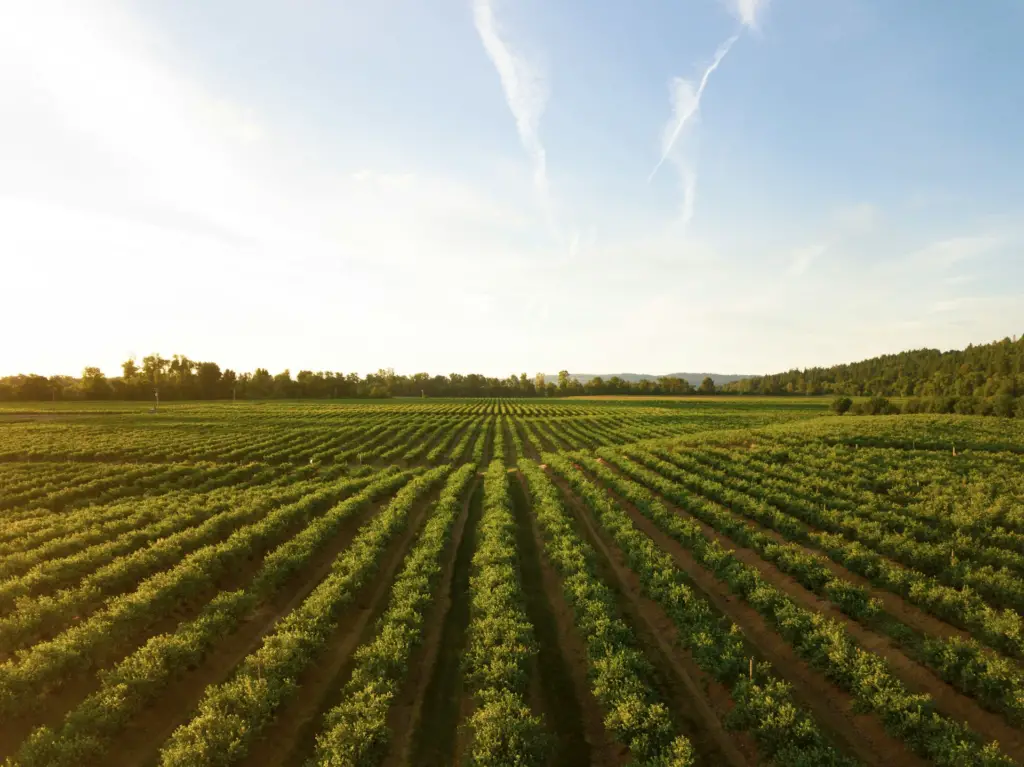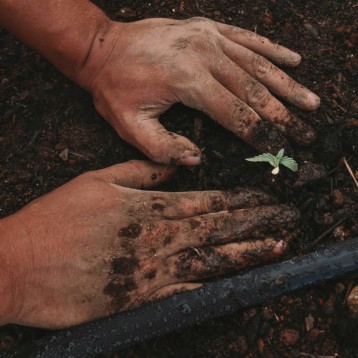
In today’s evolving world, the importance of adopting methods and cutting-edge technologies is more significant than ever, especially within the agricultural sector. One such groundbreaking approach that has demonstrated its effectiveness is the utilization of molds. While traditionally linked with manufacturing sectors, plastic molds are proving to be a game changer in boosting productivity, efficiency, and environmental friendliness in agriculture. This blog will delve into how farmers can utilize molds to elevate their farming techniques.
Understanding Plastic Molds in Farming:
Custom molds for agriculture are structures crafted for shaping or molding materials into desired shapes and sizes. Historically recognized for their role in producing items like plastic bottles or containers, these versatile tools have been used in agriculture. From seed germination to crop cultivation and upkeep, plastic molds provide advantages for farmers seeking to enhance their outputs while conserving resources.
Enhanced Seed Germination and Plant Development:
In kickstarting the cycle on a note, ensuring proper seed germination is paramount. Plastic molds serving as seed trays create a controlled setting that promotes water retention, air circulation, and nutrient dispersal for plants. These trays play a key role in maintaining growing conditions for various crops while ensuring that plant growth is uniform.
Reduced Water Consumption:
Conserving water is a concern highlighting the importance of adopting efficient irrigation methods in sustainable agriculture. Through the use of techniques like drip irrigation with mold technology-based perforated pipes, farmers can significantly reduce water wastage. This precise approach directs water to the root zones of plants as required, thereby minimizing evaporation losses.
Enhanced Crop Maintenance:
Ensuring crop health is essential for maximizing yield potential. Tools such as mold-based covers help farmers shield their crops from weather conditions like frost or excessive sunlight exposure. These covers act as barriers, creating microclimates that are conducive to crop growth and providing plants with optimal levels of light, moisture, and temperature.
Efficient Harvesting Techniques:
Incorporating plastic molds into harvest practices is also beneficial. Plastic sheeting produced through molding techniques serves as a cover for post-harvest, safeguarding produce from microbial contamination and extending its shelf life. By reducing spoilage, farmers can lower food wastage and enhance profitability.
Available from international harvester dealers, Kubota harvesters are renowned for their efficiency and reliability, further enhancing the quality and quantity of harvested produce while ensuring seamless integration with advanced post-harvest practices.
Sustainable Farming Practices:
The adoption of farming methods has become increasingly important in today’s conscious society. Plastic molds fit perfectly within this system by allowing farmers to implement methods like mulching and raised bed gardening. The precise positioning of the molds enables farmers to reduce the use of pesticides and fertilizers while enhancing soil moisture levels for plant growth.
Cost Effectiveness:
Given that many farmers face limitations, affordable solutions are highly sought after. Plastic molds are cheaper than equipment needed for certain farming processes. Their durability ensures lasting use without replacement costs, which is advantageous for small-scale farmers looking to maximize their investments.
Tailored to Specific Crop Needs:
Plastic molds can be customized to suit crop requirements. By adjusting the shape, size, and design of the molds, farmers can create growing conditions for plants. For example, crops needing root systems can benefit from custom plastic molds that provide space for root growth. This customization ensures each crop receives tailored support throughout its growth cycle, resulting in yields and healthier plants.
Simplified Labor and Time-Consuming Tasks:
Farmers often face challenges in managing their farms due to labor shortages or time constraints. Plastic molds help simplify tasks by streamlining operations.
For instance, using designed trays for seedlings can eliminate the need for planting, leading to quicker seed growth and lower labor expenses. Similarly, irrigation systems based on plastic molds require upkeep and monitoring, enabling farmers to manage their time effectively across various tasks with minimal interruptions.
In summary:
Plastic molds have become tools for farmers looking to enhance productivity, efficiency, and sustainability in agriculture. Their versatility is evident in improving seed growth and supporting crop maintenance practices by promoting water conservation, optimizing resource utilization, and ensuring crop protection. Offering value for farmers with limited resources—the adoption of plastic molds brings a range of advantages that could transform the agricultural sector. Embracing this technology holds the promise of outcomes not only at individual farm levels but also on a global scale where sustainable farming methods are crucial for our shared future.










